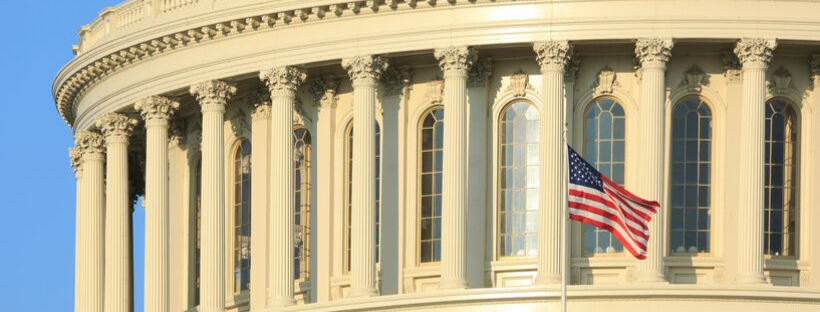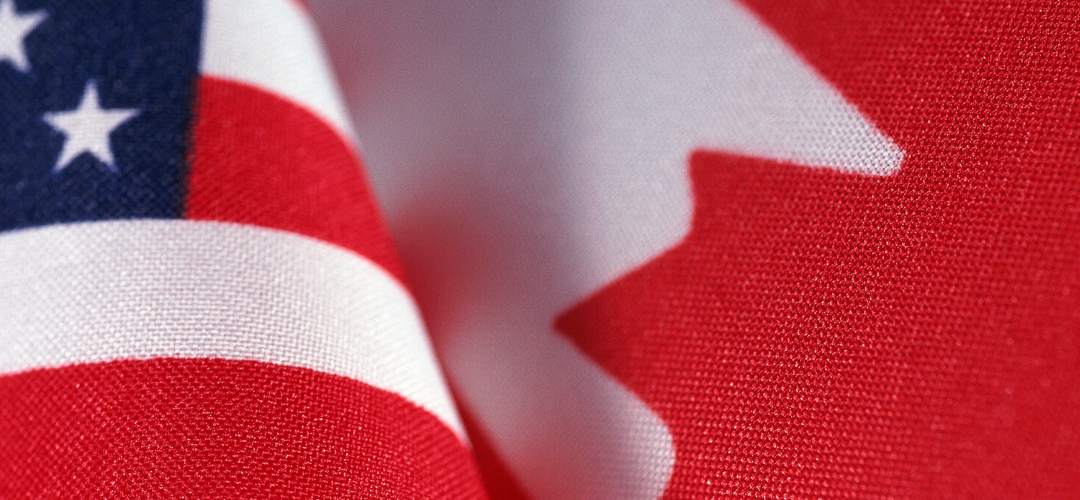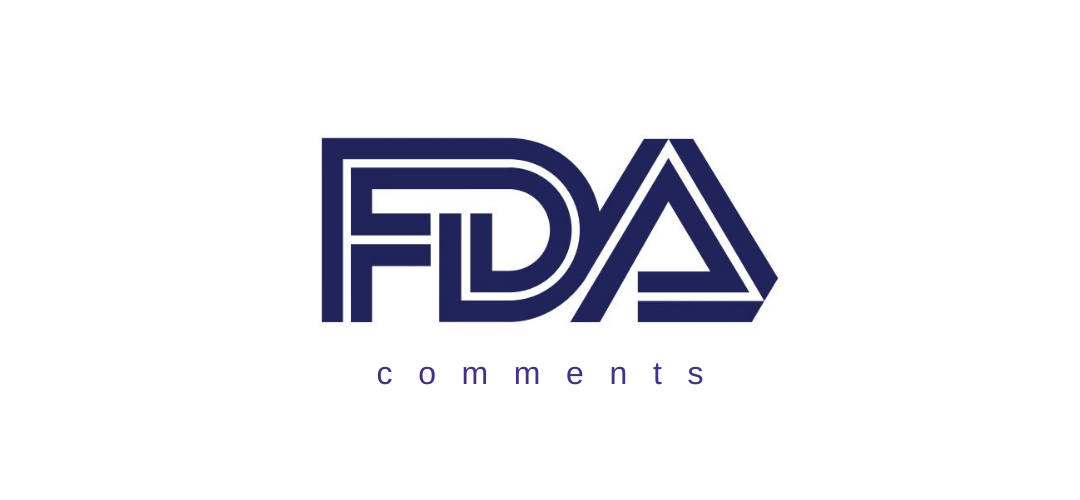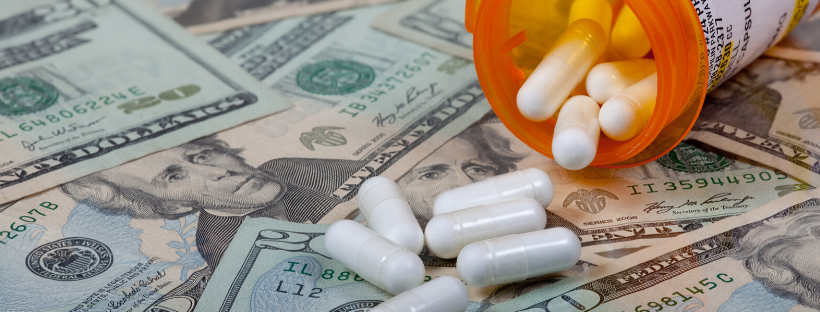by Gabriel Levitt, President, PharmacyChecker.com and Prescription Justice | May 22, 2020 | Drug Importation
PharmacyChecker pays close attention and has performed considerable research related to where drugs are made. Most notably, by researching drug labels and contacting drug companies, we found that 71% of brand name drugs sold in the U.S. are foreign made, a number far higher than the 40% figure regurgitated by the FDA year after year. Americans care a lot about this issue. One of our more popular Ask PharmacyChecker posts is called “How can I determine where a drug is manufactured?” But here’s something different to chew on: Even drugs that our research categorized as manufactured in the U.S. are often not really very “American.” In fact, many are categorized as imported and considered to be foreign-made pharmaceuticals by U.S. Customs and Border Protection (CBP).
(more…)
by Gabriel Levitt, President, PharmacyChecker.com and Prescription Justice | Apr 8, 2020 | Drug Importation
The pharma-funded and industry opponents of drug importation from Canada just love to talk about how “even the Canadian government opposes importation.” For a quick clarification, Canada has not minded or stopped its pharmacies from safely dispensing medicines by mail to Americans. That’s personal drug importation. When I write that Canada opposes importation, I mean the wholesale drug importation currently proposed by the Trump administration.
Hey, if Canada doesn’t want this new policy, then what the hell can we do? As I see it, Pharma-funded groups, like the Partnership for Safe Medicines and Alliance for Safe Online Pharmacies, have—almost gleefully— pointed out to the U.S. FDA that Canada is opposed to the implementation of Section 804 to allow registered wholesalers in the U.S. to import drugs from Canada. This is mainly due to Canada’s fear of drug shortages. Drug manufacturers supply Canada to meet the needs of its much smaller population. If Canadian wholesale drug exports increase substantially under the new Trump administration policy then it could exacerbate supply problems in Canada.
(more…)Tagged with: Horvath Health Policy, Scott Gottlieb, Stephen Salant
by Gabriel Levitt, President, PharmacyChecker.com and Prescription Justice | Mar 11, 2020 | Drug Importation
Below is a copy of Gabriel Levitt’s comments on the FDA Notice of Proposed Rulemaking titled “Importation of Prescription Drugs” that were submitted Monday, March 9th, 2020.
Comments on Notice of Proposed Rulemaking titled “Importation of Prescription Drugs, FDA-2019-N-5711, 84 Fed. Reg. 70796“
Docket No. FDA-2019-N-5711
Date: March 9,
2020
Submitter: Gabriel Levitt, Co-founder and President,
PharmacyChecker; Founder and President, Prescription Justice
I appreciate the opportunity to comment on this notice of
proposed rulemaking (NPRM). Founded in 2002, and launching its website in 2003,
PharmacyChecker provides consumers with online pharmacy verification and
comparative drug price information to help them make the best decisions for
themselves and their families on how to afford prescription drugs.
(more…)
by Gabriel Levitt, President, PharmacyChecker.com and Prescription Justice | Feb 21, 2020 | Drug Importation
On behalf of Prescription Justice, I submitted comments to
the FDA in response to its request for public comments on its draft guidance
called: “Importation
of Certain FDA-Approved Human Prescription Drugs, Including Biological
Products, under Section 801(d)(1)(B) of the Federal Food, Drug, and Cosmetic
Act: Draft Guidance for Industry.”
I published the comments in their entirety on Prescription
Justice here: https://prescriptionjustice.org/resources/blog/opportunities-safe-personal-drug-importation-under-section-801-public-comments-prescription-justice.
I have a different story to tell here about the new, or
newish reimportation law.
(more…)Tagged with: reimportation
by Gabriel Levitt, President, PharmacyChecker.com and Prescription Justice | Jan 4, 2020 | Drug Importation

The FDA has drafted a proposed rule to facilitate wholesale importation of lower-cost drugs from Canada, pursuant to Section 804 of the Food, Drug and Cosmetic Act. Importation from Canada is legal under this section of U.S. law, but only if the Secretary of Health and Human Services (HHS) certifies, as stated in Part L, that such importation would pose “no additional risk” to the public and would help save the American consumer money. It’s a major milestone that the FDA is willing to and on the cusp of finally providing that certification – but that’s only for wholesale importation. What about personal drug importation? Wholesale drug importation is when people or companies import drugs for re-sale, usually described as commercial quantities. Personal drug importation is when a consumer fills a prescription in Canada or another country and imports it either carrying it across the border or through the mail.
Section 804, as clearly stated in Part J (1), treats
personal drug importation differently, and this is of paramount importance for
policymakers and the general public to understand. Section 804 doesn’t legalize
it across the board but affirms that Americans should be permitted to import
prescription drugs for personal use, as long as it doesn’t represent an “unreasonable
risk” to the patient. This more liberal standard is fundamentally
different from Part L of Section 804, which mandates “no additional risk”
to the public health, the standard necessary for the overall section to
become effective. Where does that leave us in terms of law and policy?
(more…)
by Gabriel Levitt, President, PharmacyChecker.com and Prescription Justice | Dec 20, 2019 | Drug Importation
The FDA has done something that prescription drug
importation advocates had possibly given up on. Not me. The agency drafted a new
proposed rule to allow importation from Canada of lower-cost drugs and industry
guidance for drug manufacturers to import their FDA-approved foreign drug
versions, for which they can charge lower prices. The proposed rule provides
specifics so that states contemplating or already formulating wholesale drug
importation programs have a shot at gaining approval for those programs, per
Section 804 of the Food, Drug and Cosmetic Act.
Year after year after year, the media has reported Pharma’s
talking point: No Secretary of Health and Human Services, Republican or
Democrat, has been able to certify the safety of importation from Canada.
That’s never been true, at least not exactly. It’s not that they haven’t been
able. It’s that they haven’t been willing. Also, it’s not just certifying the
safety, it’s certifying that there will be “no additional” safety risk – a high
standard. Well, apparently it can be done. The FDA stated:
(more…)Tagged with: Drug and Cosmetic Act








